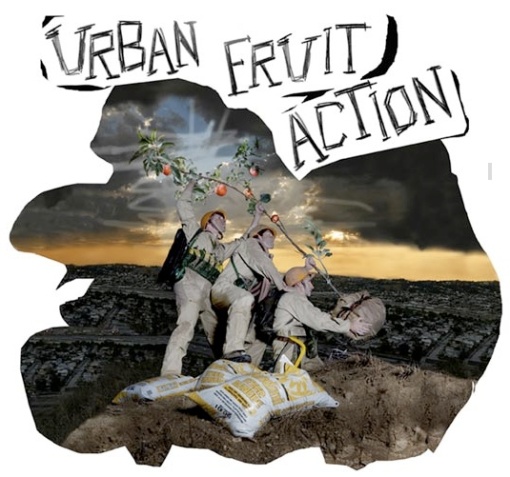22 MAY 2008
about good farm movement (found on COMFOOD)
I’m glad to find other people who are into art focused on food and gardening in cities. This blog isn’t very big yet, but it will grow, I mean doesn’t everyone want to look at cool art with good food their belly?
Good Farm Movement is the art of the urban agrarian. we are a visual art blog that showcases and celebrates the agrarian avant-garde—the forward thinking farmers, cooks, eaters, educators, activists, and artists reclaiming our land, our communities, and our health.
we believe thought provoking visual art is a powerful means for examining the relationship between people and food in society. therefore, we draw on the visually dynamic mediums of design, photography, film/video, painting, and drawing as wellsprings of education and inspiration.
our ambition is to grow an informal collective of contributors who shift and shape the visual commentary regarding the political, economic, cultural, and social issues of food and farming. every contribution is open for commenting, and hopefully will produce critical thought and meaningful dialogue on and away from the site.
we welcome all well composed contributions for consideration. please send your piece to goodfarmmovement@gmail.com.
other interesting art exhibits:









